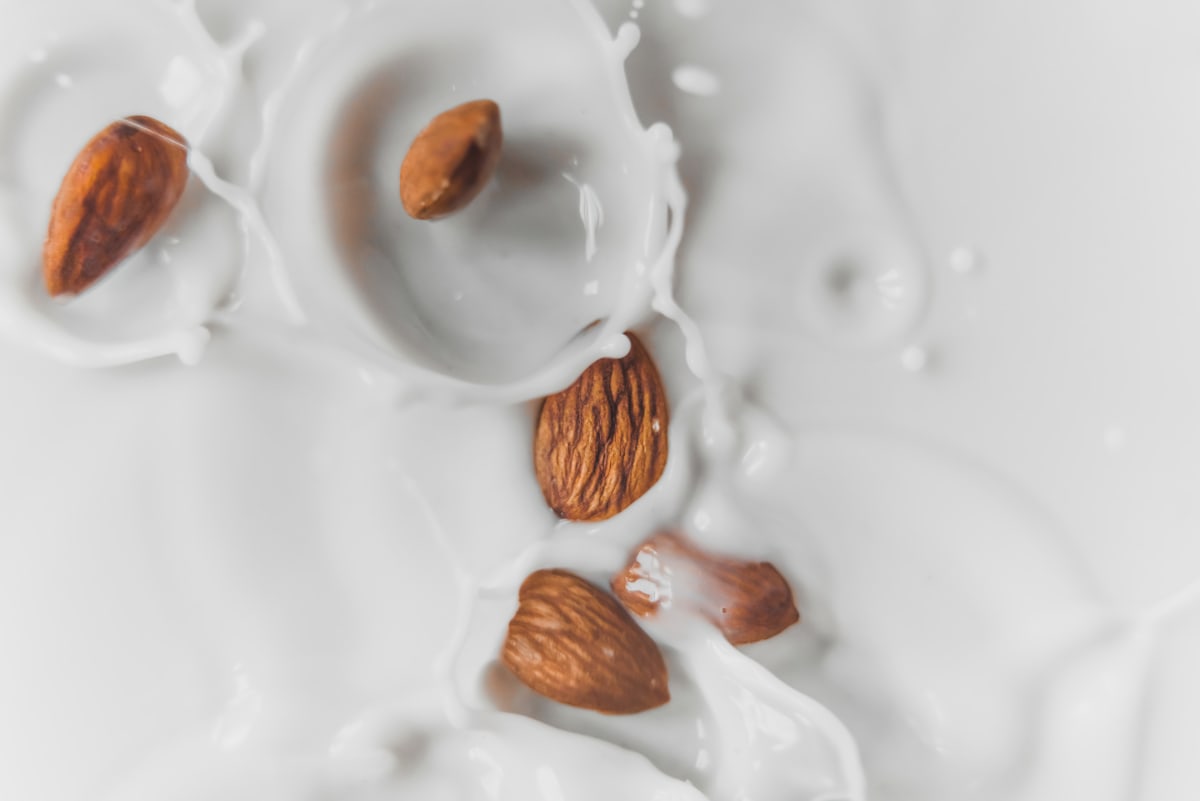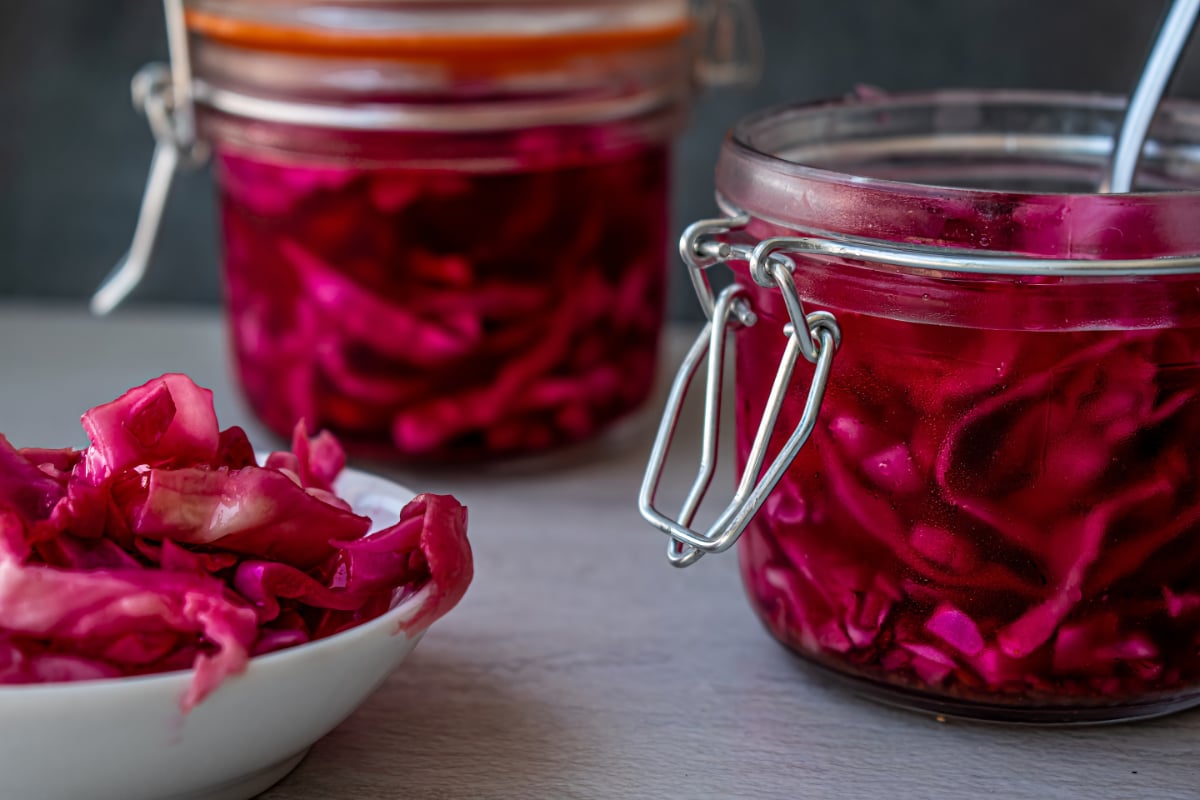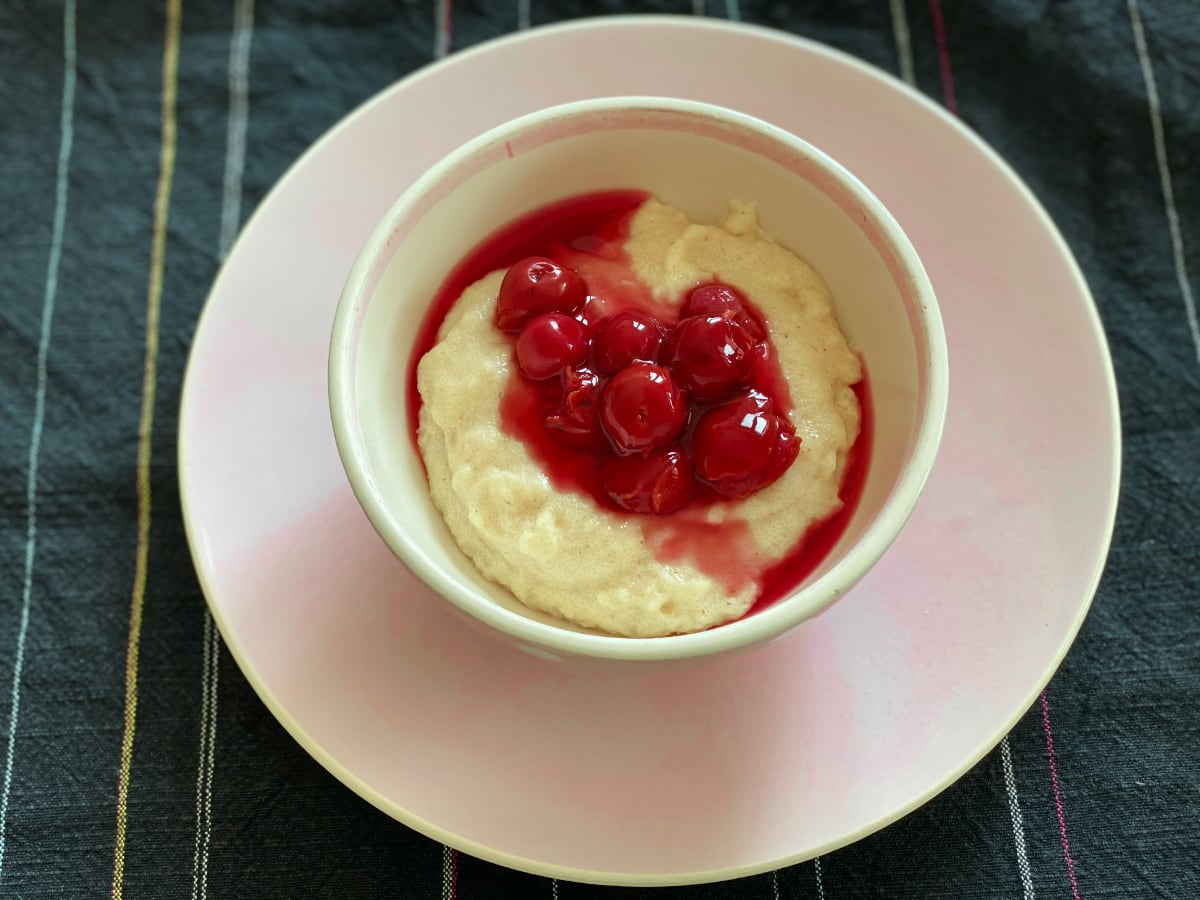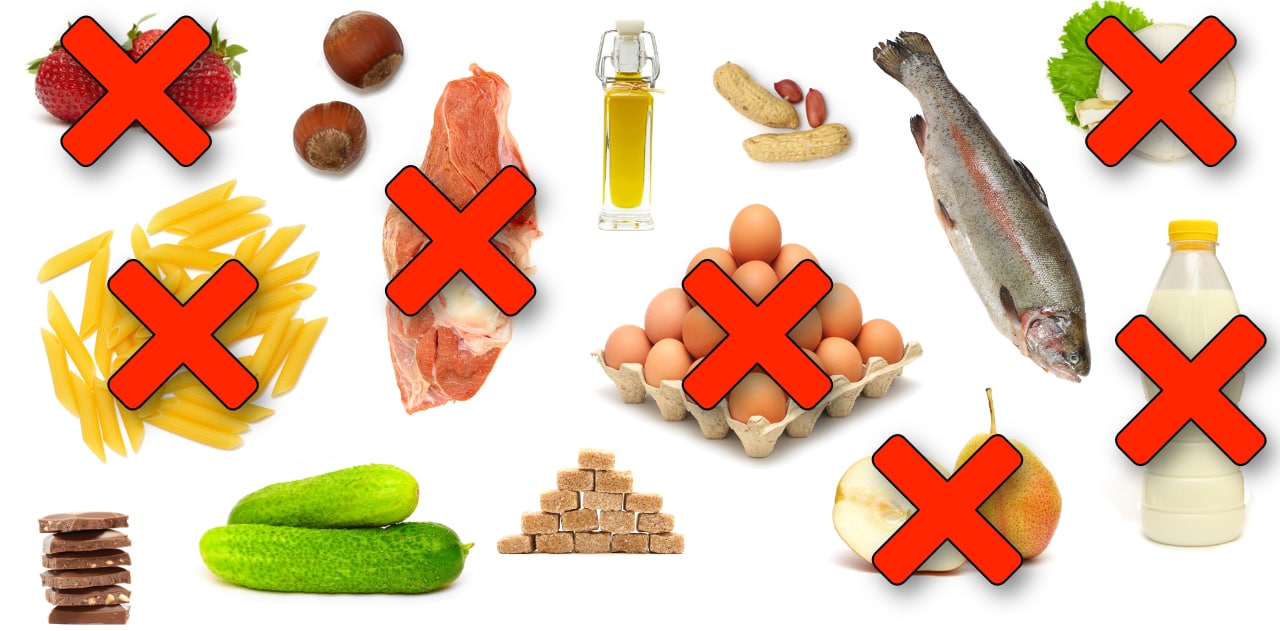OxiPur
Rhubarb and oxalic acid: is there cause for concern?
05/15/2024
From April until the end of June, supermarkets everywhere will be stocking rhubarb in their produce section. Due to its sweet yet sour taste, it is ideal for compotes, jams and cakes. However, rhubarb also contains an extremely high amount of oxalic acid, a compound that is unhealthy in high amounts and which can cause kidney stones. In this article we look at just how high the oxalate content of rhubarb is and how it can be reduced through proper preparation.

Read More...

Read More...
Does oxalic acid in plant milk increase the risk of kidney stones?
04/08/2024
As recently as a few years ago, plant-based milk alternatives were considered an exotic, niche product. Today, however, they enjoy incredible popularity and are available in a multitude of varieties. These include milk from:

Read More...
- grains: oat, rice, spelt
- legumes: soy, pea, lupine
- nuts: almond, hazelnut, cashew, macadamia
- and other sources: coconut, hemp, quinoa

Read More...
Probiotics and food intolerances: some interesting facts
03/20/2024
Our intestinal tract contains around 39 trillion microorganisms that help us break down indigestible food components – fiber, for example – for the body to make use of them. Most of the intestinal flora is found in the large intestine. Over time, the metabolic processes of many lactic acid bacteria and bifidobacteria have become closely interlinked with our own, resulting in a symbiosis that benefits both the bacteria and the host. The bacteria get nutrients and a fertile place to multiply and in return form vitamins and short-chain fatty acids that are essential for many bodily functions.

Read More...

Read More...
Can tomatoes trigger gout attacks?
10/20/2022
Many sufferers of gout name tomatoes as a possible cause of a gout attack, even though tomatoes contain very low levels of purine. So, if you struggle with gout, should you avoid eating them?

Read More...

Read More...
Asparagus and gout – what do we know?
02/25/2022
Visit a supermarket around mid-April and you are likely to find asparagus on the shelves. Asparagus officinalis, to give it its scientific name, is an extremely versatile vegetable, but it is also rich in purine. Here we consider whether people that suffer from gout should avoid it.
 Read More...
Read More...
 Read More...
Read More...Turkey and gout: how much purine is in your Christmas dinner?
12/18/2021
It’s that time of year again. Christmas is just around the corner and thoughts will be turning to spending quality time with the family and eating and drinking to hearty excess. But what might not be on your mind is the purine content of all that goes into your body over the festive period. Luckily, our OxiPur app’s purine calculator can work this out for you. We have taken a typical Christmas dinner and estimated how much purine you are likely to consume, also including a few helpful tips on what to look out for if you suffer from gout.
 Read More...
Read More...
 Read More...
Read More...Grilling and Gout: Keep your purine levels low all summer long
08/18/2021
There are few things more pleasant than spending a summer evening enjoying a steak, chicken breast, a few beers and some good company. Grilling outdoors is one of life’s pleasures, and if you have been on a diet, the temptation to treat yourself to some hearty food and drink can be particularly strong. If you suffer from gout, however, the consequences of over-eating and drinking can be very serious indeed.

Read More...

Read More...
Erythritol, xylitol, and stevia: an answer to fructose intolerance?
03/26/2021
People with a fructose intolerance are often reluctant to consume foods containing sucrose, the chemical name for table sugar, since the compound consists of 50% fructose (and 50% glucose). Instead, sufferers opt for expensive sugar substitutes that are often specifically marketed as fructose-free alternatives. Here we take a closer look at three substitutes – xylitol, erythritol, and stevia – and assess their pros and cons compared to regular household sugar.

Read More...

Read More...
Are cherries really the miracle cure for gout?
03/10/2021
It has long been said that eating cherries has a positive effect on gout, and you can find countless online forums and blogs in which cherries are advertised as a real miracle cure against the disease. But what is the real truth?

Read More...

Read More...
How to create recipes with our apps for iOS
02/29/2020
We just finished our latest updates for our iOS apps Food Intolerances, Natural Food Guide and OxiPur, which give you great new features and countless improvements. You can now add foods to your list of favorites and, more importantly, enter you own recipes. This enables you to quickly assess the ingredients of your meals.

Read More...

Read More...
Glutamates: Are they really dangerous?
08/27/2019
Every food can be turned into a tasty meal, but some seem to have an especially savory flavor that just makes your mouth water. What's their secret?

Read More...

Read More...
How can vegetarians improve their omega-3 fatty acid status?
05/04/2019
The omega-3 fatty acids eicosapentaenoic acid (EPA) and docosahexaenoic acid (DHA) almost exclusively occur in fish. This raises the question: How can vegetarians meet their needs for these essential fats? This matter is also relevant in the context of maritime overfishing, which is an environmental threat on a global scale. Farmed fish, which are raised in questionable conditions and with the massive use of pesticides and antibiotics, are not always a better alternative. Is it possible to meet one's dietary needs with plant based fatty acids?

Read More...

Read More...
Magnesium deficiency and chronic diseases
03/18/2019
Most people probably know magnesium deficiency in connection with muscular cramps. But its potential role in the development of chronic diseases hasn't received much attention from medical researchers: It may in fact have been underestimated for a long time. In the following you will learn more about potential risk factors and how to prevent a deficiency.

Read More...

Read More...
What is the glycemic index of beer?
07/11/2018
The glycemic index of beer is subject of a heated debate: The values you can find on various websites vary considerably. But what is the correct value? The answer is a lot more complex than you'd think.

Read More...

Read More...
The role of fructose in the development of gout
07/03/2018
Uric acid and its salts, known as urates, are an end-product of the metabolism that is excreted with the urine. Unfortunately, urates are poorly soluble in water. In contrast to other mammals, humans don't have enzymes to convert them into more soluble compounds. Therefore, the human uric acid level is very high in comparison – it is just below the physical solubility limit.

Read More...

Read More...
When does restricting your diet make sense?
01/19/2018
If you suffer from food intolerances, certain constituents of the food may be responsible for a broad variety of symtoms. The obvious conclusion would be to cut all foods from the diet, that contain these constituents. However, such an avoidance strategy also carries risks.

Read More...

Read More...
A small sugar compendium: fructose, sorbitol and FODMAP explained
10/19/2017
If you suffer from certain kinds of carbohydrate malabsorption you are often confronted with names of chemical compounds – it is often very easy to become confused. Therefore, we put together a small compendium that can be used, whenever needed.

Read More...

Read More...
Why is too much salt bad for our health?
04/27/2016
The excessive ingestion of salt (sodium chloride) has been known to be a risk factor in the development of high blood pressure for decades. There is compelling evidence from a multitude of studies indicating a relation of high sodium intake, high blood pressure and the occurrence of cardiovascular disease. On the other hand low salt diets exhibit a blood pressure lowering effect. What is the reason for this? Which factors cause the rise in blood pressure?

Read More...

Read More...
Do you know how much fructose you are eating?
10/09/2015
From a historical point of view, fruits and honey were the only fructose-rich foods in our diet. In the 17th century the average sugar intake of each person was as low as 5 g per day. Big changes of dietary habits only occurred after the industrial scale production of sugar from sugar cane or sugar beets. Suddenly, sugar was available to everyone in large quantities – at low costs.

Read More...

Read More...
![[Blog]](../../rw_common/images/baliza_logo_retina.png)